Industry Leaders in Rotterdam Share Insight on Challenges
_1.jpg)
By Liesl Venter
An urgent call for greater investment in specialized vessels and infrastructure to accommodate the surge in renewable energy projects emerged during a panel discussion at Breakbulk Europe in Rotterdam.
Industry experts warned that a lack of suitable tonnage for offshore wind components could hinder growth in the sector.
“Offshore wind components are getting larger and more complex, and the current fleet simply isn’t equipped to handle the volume and scale required,” said Kasper Heiselberg, head of global wind at deugro. “If we don’t start investing in the right vessels and infrastructure now, we risk falling behind in the race to meet global energy transition targets.”
However, he said that ongoing global political uncertainty had resulted in a lack of long-term project commitments, which made it challenging to justify investment in new assets.
“One really does require a longer commitment before you have the next suitable tonnage. And we don't have that,” he said. “There’s going to be a shortage of tonnage as we move ahead, compounded by changing timelines and delays, especially in the U.S. The next four or five years will be very challenging in terms of maintaining a stable supply chain and shipping schedule.”
Carsten Wendt, senior manager, high and heavy and breakbulk sales for Germany at Wallenius Wilhelmsen, echoed the sentiment, adding that demand for energy continues to grow despite infrastructure challenges.
“The reality is that some grid systems, particularly in North America, have suffered from years of underinvestment. Meanwhile, renewable energy projects, such as wind and solar parks, also require stable grid systems to transport electricity.”
Wendt said the rising energy demands of data centres, driven by advancements in AI, also needed consideration.
“Data centres now consume between 2% and 4% of electricity in China, Europe and North America. In some U.S. states, they account for 10% of electricity capacity. In Ireland, data centres use a staggering 20% of the country’s energy consumption,” he said.
“As demand continues to increase, we expect challenges in securing vessel space due to tight capacity.”
Panel moderator Nicole Peeters, commercial manager at Roll Group, said collaboration was key. “We have to share the logistics chain. It’s not only for renewables; the oil and gas sector still needs their piece of the cake.”
According to Wendt, the unpredictability of the market made investing in assets inherently risky.
“Looking at the ambition of the world to become greener, you have to ask – is it realistic?” he said. “In 2024, global wind power installations – both onshore and offshore – reached 17 gigawatts, a slight increase from 2023. But what’s interesting is that 70% of that was installed in China, which continues to dominate the market.
“In North America, we actually saw a slight decrease, even before the new administration took over. Europe also had a small decline, while emerging markets like Asia-Pacific, Australia, New Zealand and Africa are beginning to step up. So, for logistics providers, it’s clear – traditional markets are shifting, and we need to adjust accordingly.”
Christian Ohlrich, global director of logistics at Fluence, said changing tariffs and market shifts only added further complexity. “With the blank sailings we’ve seen in the traditional ocean freight market, we’re likely to see a shortage of available capacity, similar to what happened last May when rates surged just as our peak shipping season began,” he said.
The consensus among the panelists was clear: investment was needed now, given that the market was only set to grow. In heavily regulated markets like those in Europe, much of the investment in energy generation came from private equity, said Ohlrich.
“If private equity investors can’t use their assets efficiently – capturing surplus electricity throughout the day to feed it back into the grid at the highest cost – they may start scaling back investments and looking for alternative opportunities.”
The panel emphasized the immense opportunities within the energy sector, particularly for the project logistics industry, which is projected to grow significantly in the coming years.
However, it was clear that the current approach was unsustainable, with escalating costs becoming a significant barrier. There was a shared consensus that a sustainable, green future is essential, but it must be achieved at the right cost and with the appropriate infrastructure in place.
Top photo (L-R): Nicole Peeters, Kasper Heiselberg, Carsten Wendt, Christian Ohlrich. Credit: Richard Theemling Photography





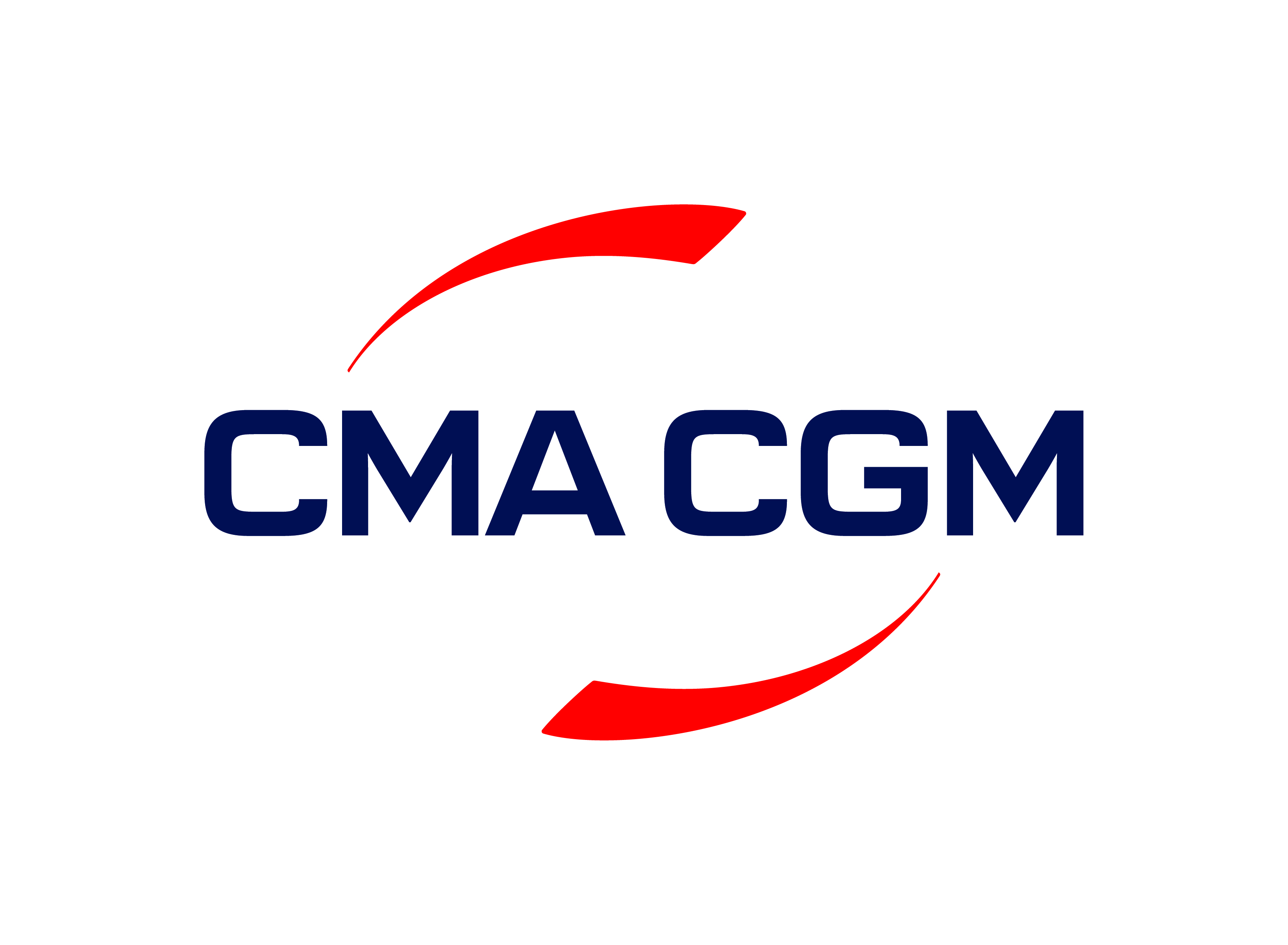


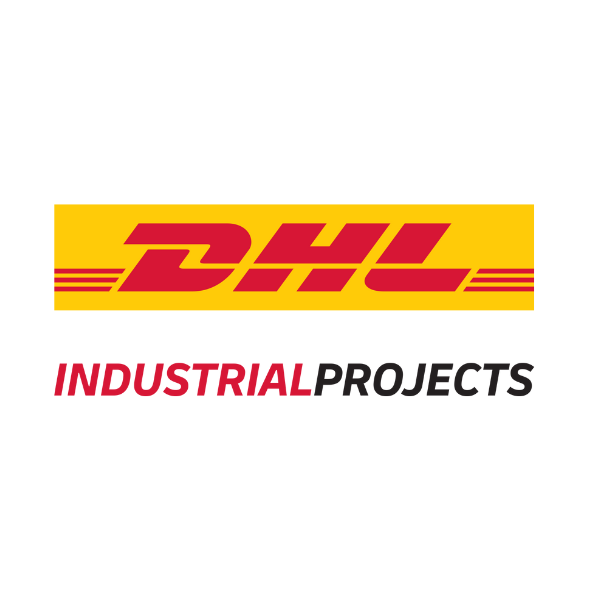
.png?ext=.png)

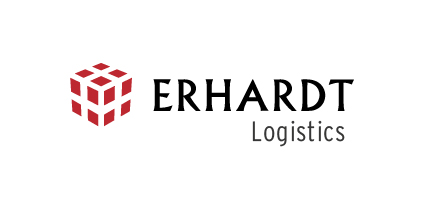


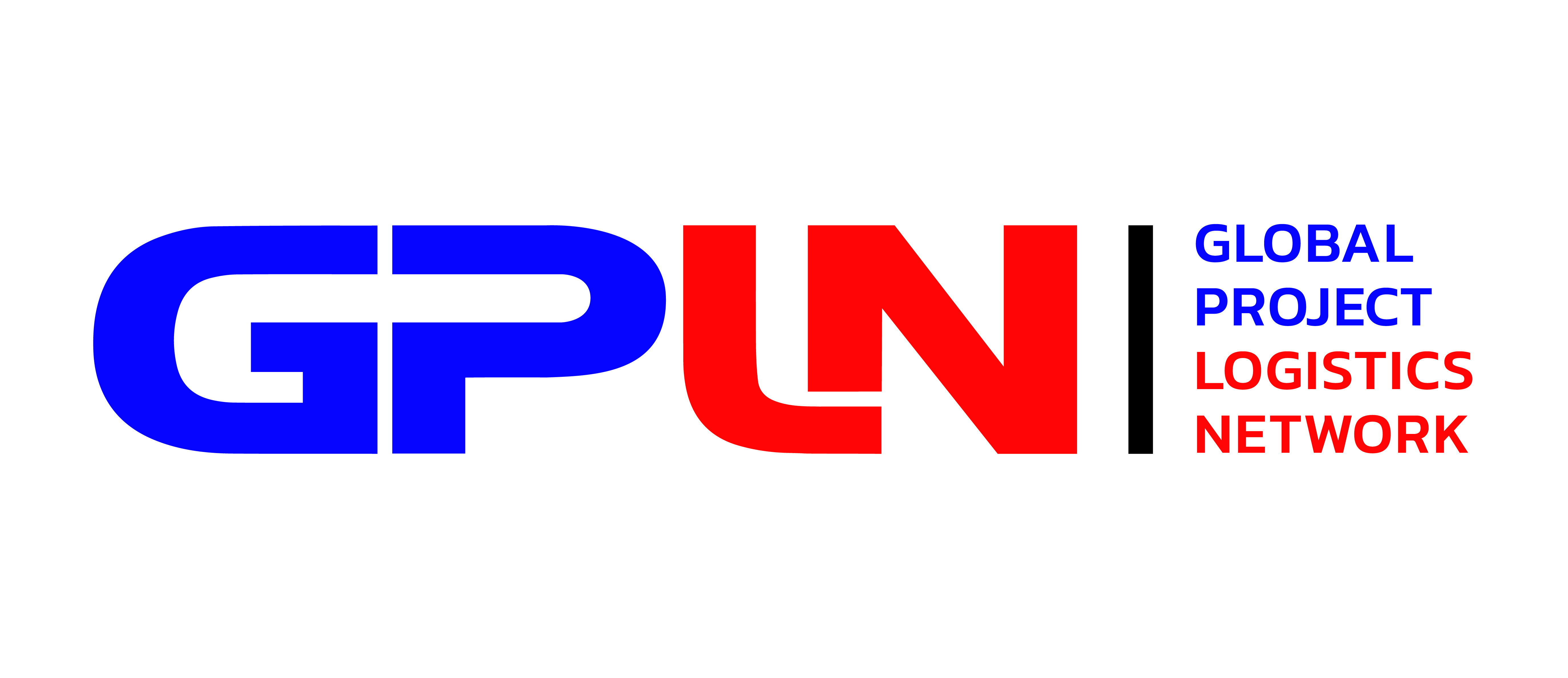



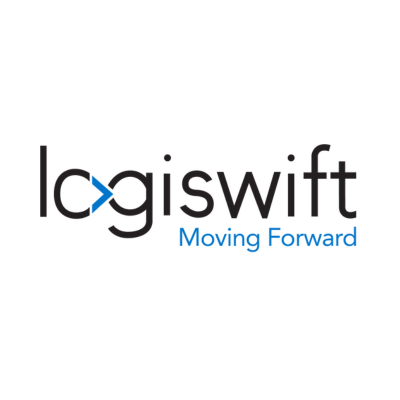
.png?ext=.png)




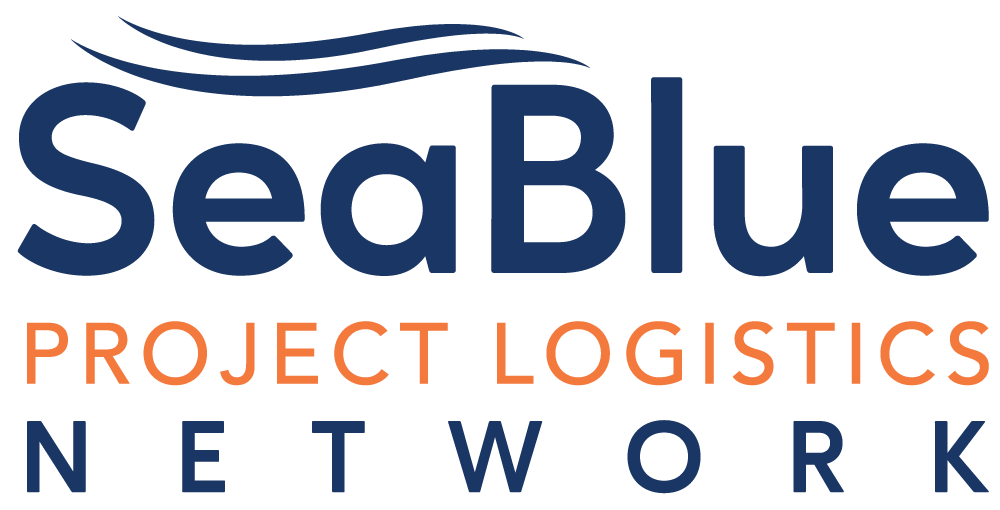

.png?ext=.png)



